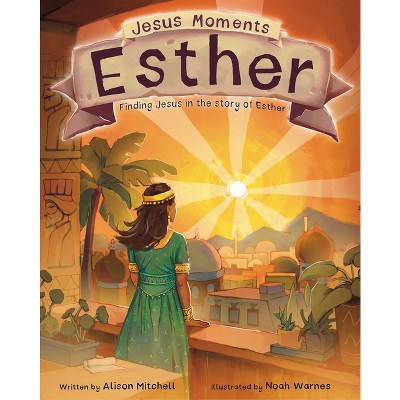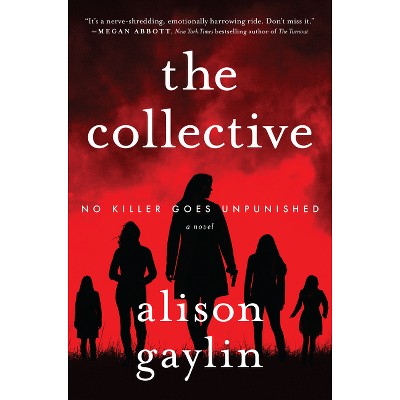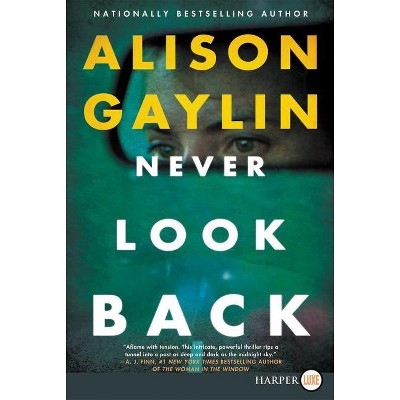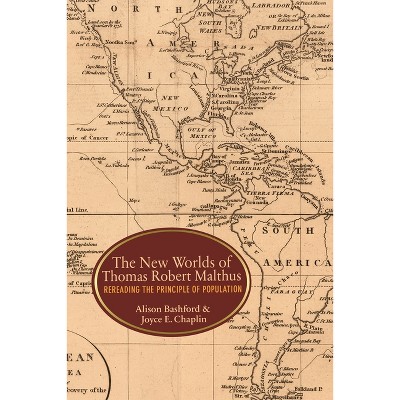About this item
Highlights
- Instead of compartmentalizing American experience, the technologies of mass culture make it possible for anyone, regardless of race, ethnicity, or gender to share collective memories--to assimilate as personal experience historical events through which they themselves did not live.
- About the Author: Alison Landsberg is assistant professor of American cultural history at George Mason University.
- 240 Pages
- Social Science, Anthropology
Description
About the Book
Prosthetic Memory argues that mass cultural forms such as cinema and television in fact contain the still-unrealized potential for a progressive politics based on empathy for the historical experiences of others. The technologies of mass culture make it possible for anyone, regardless of race, ethnicity, or gender, to share collective memories--to assimilate as deeply felt personal experiences historical events through which they themselves did not live.
Book Synopsis
Instead of compartmentalizing American experience, the technologies of mass culture make it possible for anyone, regardless of race, ethnicity, or gender to share collective memories--to assimilate as personal experience historical events through which they themselves did not live. That's the provocative argument of this book, which examines the formation and potential of privately felt public memories. Alison Landsberg argues that mass cultural forms such as cinema and television in fact contain the still-unrealized potential for a progressive politics based on empathy for the historical experiences of others. The result is a new form of public cultural memory--"prosthetic" memory--that awakens the potential in American society for increased social responsibility and political alliances that transcend the essentialism and ethnic particularism of contemporary identity politics.
Review Quotes
" "Prosthetic Memory: The Transformation of American Rememberance in the Age of Mass Culture" provides an intriguing...assessment of the current popular interest in mass-mediated images of the past." -- Wayne K. Hobson, "History"
" Prosthetic Memory: The Transformation of American Rememberance in the Age of Mass Culture provides an intriguing...assessment of the current popular interest in mass-mediated images of the past." -- Wayne K. Hobson, History
" "Prosthetic Memory: The Transformation of American Rememberance in the Age of Mass Culture" provides an intriguing...assessment of the current popular interest in mass-mediated images of the past." -- Wayne K. Hobson, "History"
About the Author
Alison Landsberg is assistant professor of American cultural history at George Mason University. She lives in Arlington, Virginia.





